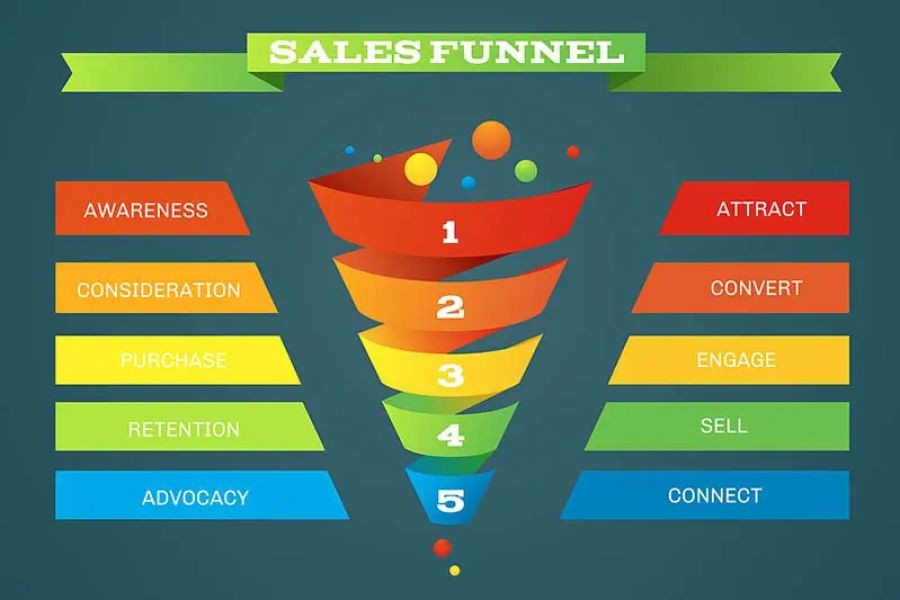Artificial Intelligence (AI) is reshaping industries and job markets worldwide, and Australia is no exception. As we navigate the digital era, the future of AI jobs in Australia presents both exciting opportunities and unpredictable challenges. With advancements in AI technologies, the country's economy and workforce are poised for transformation. This article delves into the intricate dynamics of AI jobs in Australia, providing data-backed insights and real-world examples to offer a comprehensive understanding of this evolving landscape.
The Current State of AI in Australia
AI adoption in Australia has been steadily increasing, driven by the need for efficiency and innovation across various sectors. According to a report by the Australian Bureau of Statistics (ABS), the technology sector in Australia experienced a growth rate of 8.2% in 2022, with AI playing a significant role in this expansion. The integration of AI into industries such as finance, healthcare, and logistics is paving the way for new job opportunities and reshaping traditional roles.
AI's Impact on Key Australian Industries
- Healthcare: AI is revolutionizing healthcare by enhancing diagnostics and patient care. AI-powered tools are now assisting doctors in early disease detection, which can lead to better patient outcomes and reduced healthcare costs.
- Finance: In the financial sector, AI algorithms are used to predict market trends, assess risks, and automate trading, increasing efficiency and accuracy for financial institutions.
- Logistics: AI-driven systems are optimizing supply chain operations, reducing delivery times, and minimizing costs, which is crucial for Australia's vast geography.
Pros and Cons of AI Job Growth
As AI continues to permeate various industries, it brings both advantages and challenges to the job market.
Pros:
- Job Creation: AI is expected to create more jobs than it displaces. New roles such as AI specialists, data scientists, and AI ethicists are emerging to meet the demands of this technology.
- Efficiency and Productivity: Automation of routine tasks allows human workers to focus on complex, creative, and strategic tasks, increasing overall productivity.
- Skill Development: AI is driving upskilling and reskilling initiatives, enabling workers to adapt to new technologies and improve their employability.
Cons:
- Job Displacement: Automation may lead to job losses in sectors heavily reliant on manual labor or repetitive tasks.
- Skill Gaps: The rapid pace of AI adoption may outstrip the rate at which workers can acquire the necessary skills, leading to a mismatch in the job market.
- Ethical Concerns: The use of AI raises ethical issues, including data privacy, bias, and accountability, which could impact job roles that involve sensitive data handling.
Case Study: AI in Australian Agriculture
Australia's agriculture industry is harnessing AI to enhance productivity and sustainability. A notable example is AgriDigital, a Sydney-based company that utilizes AI-driven platforms to streamline grain supply chains. By implementing AI algorithms, AgriDigital has improved grain traceability, reduced transaction times, and increased transparency for farmers and buyers alike. As a result, the company has seen a 35% increase in efficiency, demonstrating the transformative potential of AI in agriculture.
Regulatory Insights: Navigating AI in Australia
The Australian government is actively working to create a regulatory framework that fosters innovation while ensuring ethical AI use. The Australian Competition & Consumer Commission (ACCC) emphasizes the importance of transparency and accountability in AI systems. Additionally, the Australian Prudential Regulation Authority (APRA) is developing guidelines to ensure that AI applications in financial services are fair and unbiased. These regulatory efforts aim to balance technological advancement with consumer protection.
Future Trends and Predictions
The future of AI jobs in Australia is shaped by several key trends:
- Increased AI Adoption: By 2030, AI is expected to contribute $315 billion to the Australian economy, according to a report by Deloitte. This growth will drive demand for AI-related skills across industries.
- AI in Remote Work: As remote work becomes more prevalent, AI tools will play a crucial role in managing virtual teams, enhancing productivity, and ensuring data security.
- Focus on Ethical AI: Ethical considerations will become a priority, with companies investing in AI ethics officers and frameworks to address concerns around bias and fairness.
Common Myths About AI Jobs
Several misconceptions surround AI and its impact on the job market:
- Myth: "AI will replace all human jobs." Reality: While AI can automate certain tasks, it is more likely to augment human roles, creating new opportunities and enhancing productivity.
- Myth: "Only tech companies benefit from AI." Reality: AI is being adopted across diverse industries, from agriculture to finance, benefiting a wide range of sectors.
- Myth: "AI is too complex for most workers to understand." Reality: With the right training and education, workers can acquire the skills needed to work alongside AI technologies.
Biggest Mistakes to Avoid in AI Adoption
- Ignoring Skill Development: Companies that fail to invest in upskilling their workforce may struggle to keep pace with AI advancements.
- Overlooking Ethical Concerns: Neglecting ethical considerations can lead to reputational damage and regulatory penalties.
- Relying Solely on AI: Over-dependence on AI without human oversight can result in errors and unintended consequences.
Conclusion and Final Takeaways
The future of AI jobs in Australia is both exciting and unpredictable. While AI offers immense potential for job creation and economic growth, it also presents challenges that require careful navigation. By embracing AI ethically, investing in skill development, and fostering innovation, Australia can harness the full potential of AI to drive progress and prosperity.
Call to Action: Join the conversation on AI's impact on the Australian job market. Share your thoughts and experiences in the comments below or engage with industry experts on LinkedIn and other professional platforms.
People Also Ask
- How does AI impact businesses in Australia? AI enhances efficiency and productivity, with businesses reporting over 25% improvement in customer engagement and operational efficiency.
- What are the biggest misconceptions about AI jobs? One common myth is that AI will replace all jobs. However, research shows AI is more likely to augment roles, creating new opportunities.
- What are the best strategies for implementing AI? Experts recommend starting with a clear AI strategy, investing in skill development, and ensuring ethical use to maximize benefits.
Related Search Queries
- AI job market in Australia
- Impact of AI on Australian industries
- AI skills demand in Australia
- AI ethics and regulation in Australia
- Future of work in Australia with AI
- AI-driven innovations in Australia
- AI adoption challenges in Australia
- AI and the Australian economy
- AI job opportunities in Australia
- AI in Australian agriculture































